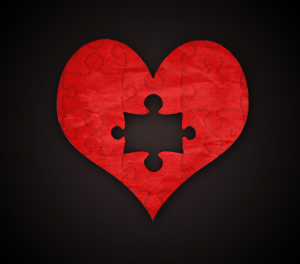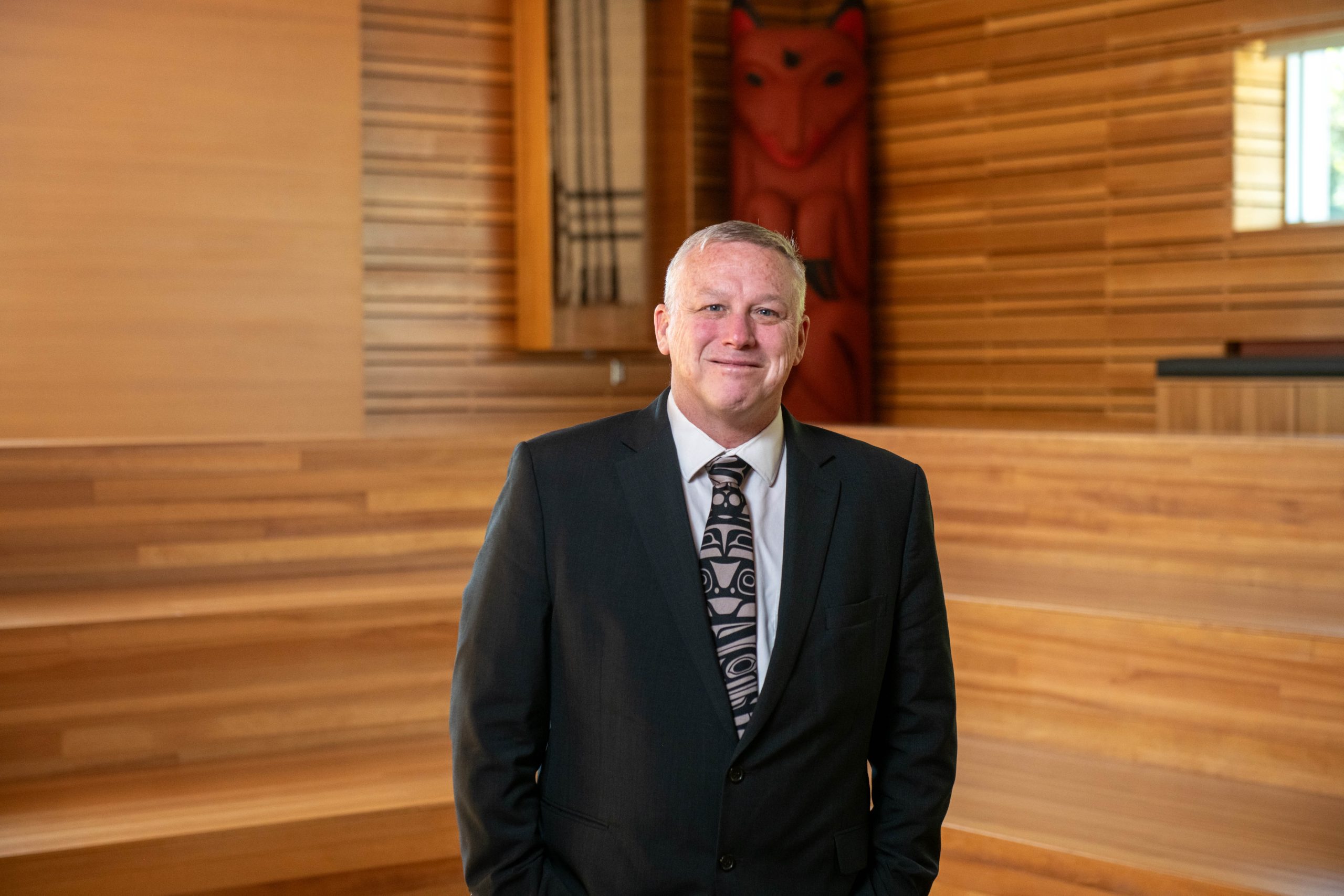Vancouver – (Glynis Sherwood is a MEd, Canadian Certified Counsellor, Registered Clinical Counsellor, specializes in helping people recover from Loss, Grief and Addictive Behaviors – aka ‘the pain that won’t go away.)

A while ago I received this email from a woman experiencing the opposite of the positive emotions she had hoped to find in recovery.
“I’m in recovery from alcoholism and should feel happy, but I feel sad and angry and empty – almost like I’m grieving. But not only has nobody has died, in fact I got my life back. I’m worried that if I keep this up I’m going to start drinking again. How do I make sense of my emotions and hold onto my recovery?”
As you can see from the desperation of her tone, this woman feels confused, fearful of relapsing and maybe a little guilty about feeling grief rather than joy in the midst of her recovery. But not only are feelings of grief common in recovery, mixed feelings ranging from joy and sorrow can be present too, adding to the confusion. It’s hard to deal with such emotions, but that does not mean that these feelings are wrong. Our emotions are there to tell us what we need, and if our legitimate needs are being satisfied or thwarted. It’s the same way with grief. But how do we understand the role of grief in addiction recovery?
Grief is more than the heartache we experience when a loved one dies. It’s the pain and sadness we feel when we lose something or someone important to us that gives our lives meaning, structure, comfort and identity. Humans experience loss on a daily basis. For example, the loss of youth as we age, or a trusted friend moving away. Little losses are a given, though not always consciously experienced as ‘grief’. Grief is the complex of emotions we experience to both mourn and honour our losses.
People in early recovery – the first few months and years after sobriety or cessation of compulsive behaviour – are vulnerable to experiencing a host of challenging emotions that have been suppressed or diverted through the process of addiction. When addictive behaviour stops, the recovering person is often confronted with these formerly repressed feelings, including grief. For it is in early recovery that people become aware and take stock of the losses they have sustained while in active addiction. Loved ones may have moved on. Perhaps there is little or no time left to have a family or the career once dreamed of. Health may be permanently compromised. Friends may be in short supply. It is the acknowledgement of the loss of time, of health, of relationships and productive activities, etc., that causes the pain of grief. Recovering people may also mourn the loss of their addictive behaviour as, no matter how destructive, it functioned as a source of comfort, and they are in the early days of learning healthier coping strategies.






